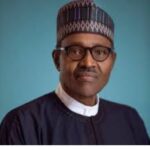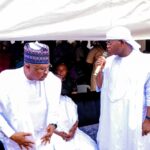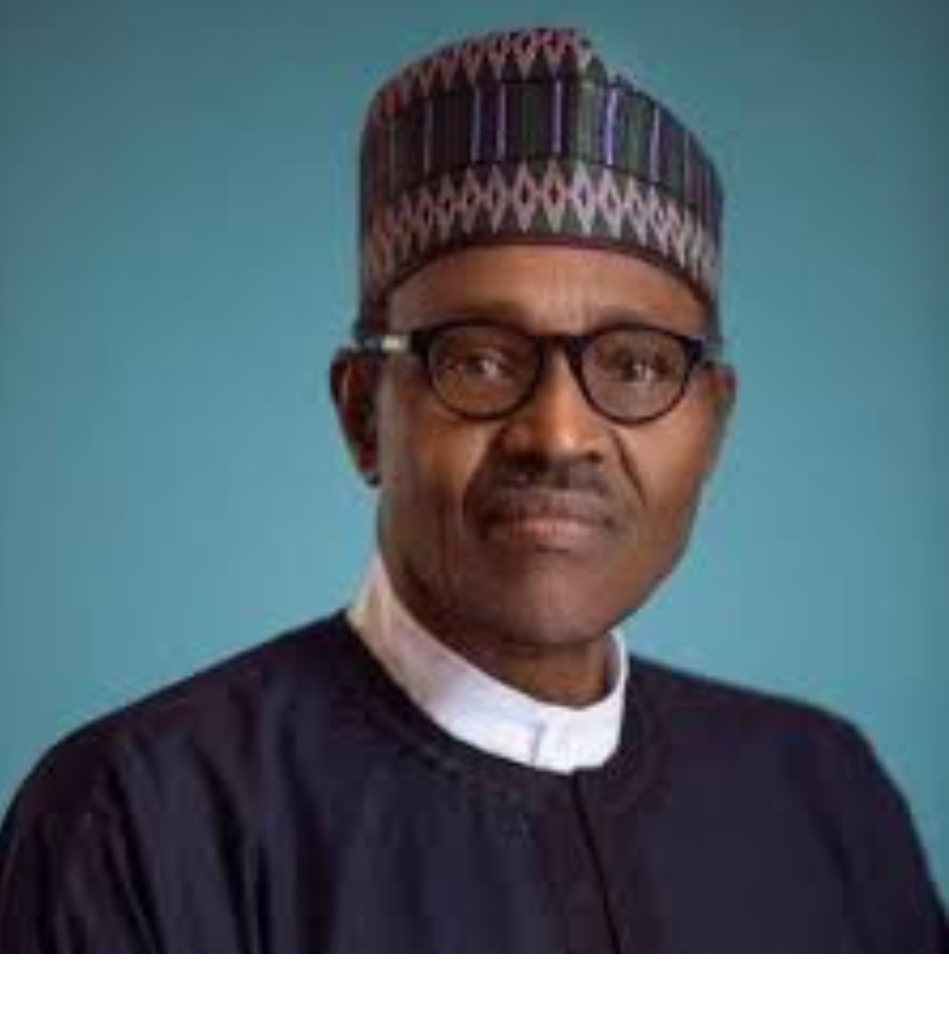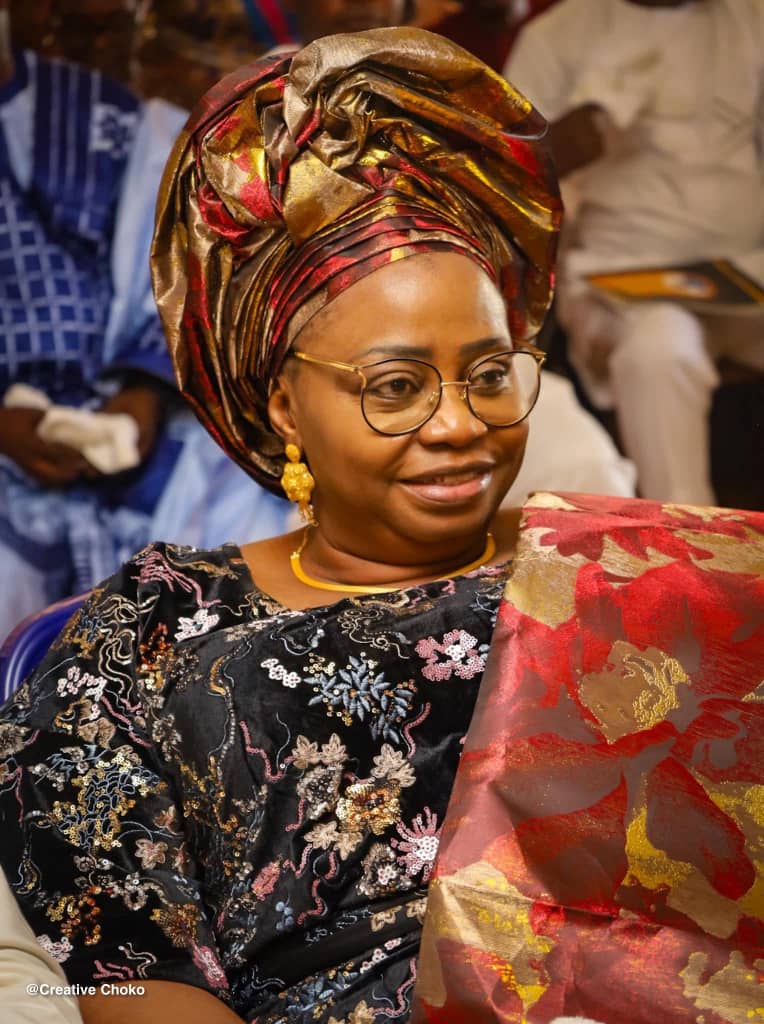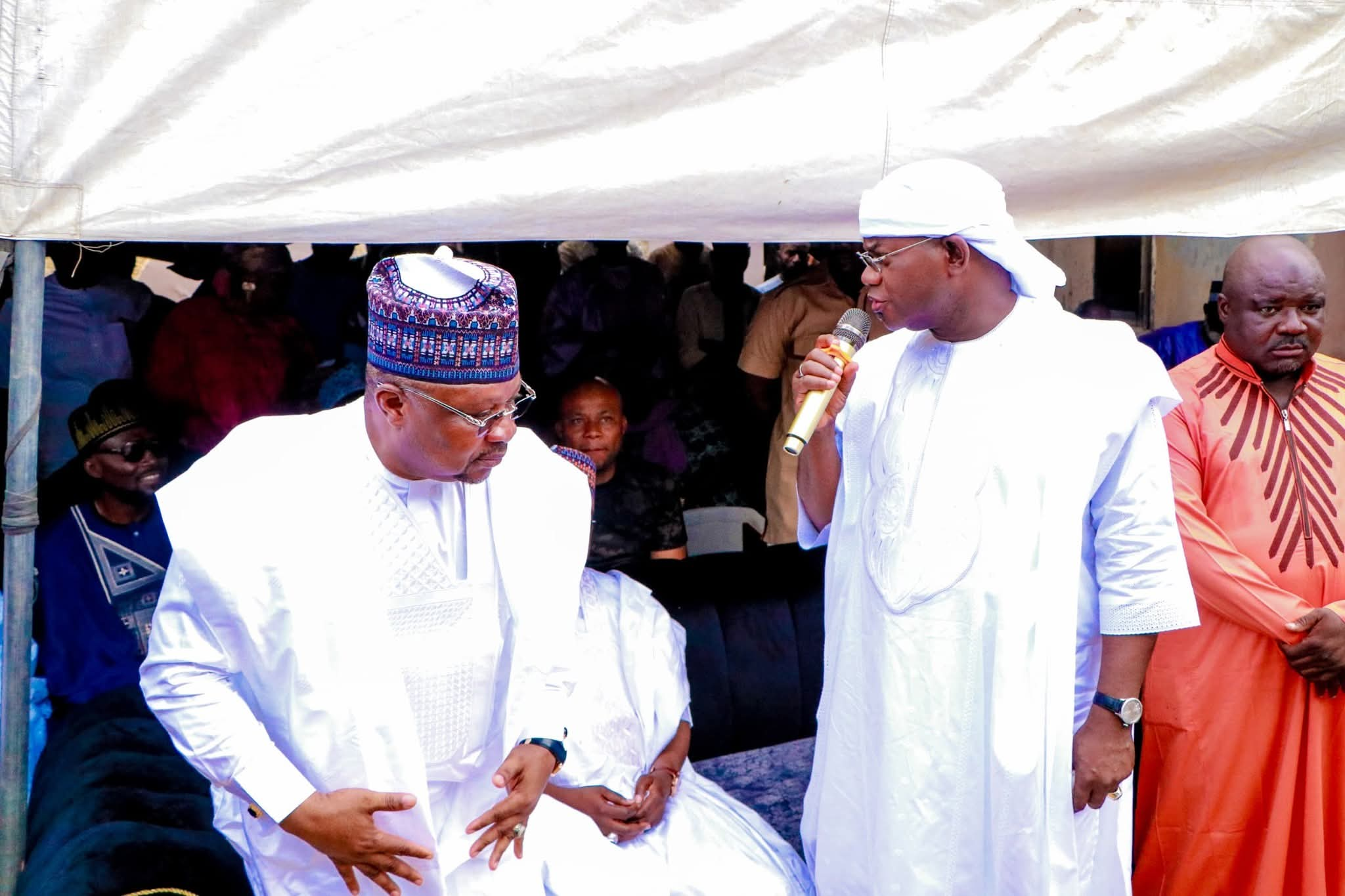15/07/2025
By Christopher Sunday
The death of President Muhammadu Buhari, Nigeria’s former Head of State and two-term civilian president, has not triggered the usual wave of reverent national mourning. Instead, it has uncovered layers of emotion — disappointment, bitterness, indifference, and in some quarters, a strange sense of relief. That alone is a profound statement about the nature of political memory and the human consequences of leadership.
In his lifetime, Muhammadu Buhari was a towering figure — feared by some, admired by others, and misunderstood by many. But in death, he has become something else entirely: a mirror, reflecting back to the nation the painful truths that were often buried beneath silence and suppression. Now that he is no longer here, the filtered language of diplomacy has been replaced with raw truth, and the memory of his administration is being revisited — not with ceremonial praise, but with unvarnished honesty.
This moment is not merely about Buhari as a man. It is about what his leadership represented, and how it made millions of Nigerians feel. To some, his era was one of dashed hopes, rising insecurity, economic suffocation, and ethno-regional imbalance. To others, it was a missed opportunity for national rebirth. And to the many who remained silent while he ruled, their sudden outbursts after his death are not expressions of hate, but cries from wounds that were long denied the right to heal.
Philosophically, power is transient, but its consequences are eternal. A ruler may occupy the seat of authority for years, but the memory of how that power was used will far outlive the term itself. Buhari now belongs to history, but his legacy remains a living question mark in the minds of the Nigerian people. That question — the one his death now forces us to confront — is this: What is the measure of a leader’s life?
Is it the length of service or the depth of impact? Is it the loyalty of a few or the judgment of a nation? Is it the silence he commanded while alive, or the truths spoken in his absence? These are not questions meant to mock the dead, but to awaken the living — especially those who now sit in the corridors of power.
President Bola Ahmed Tinubu, Buhari’s successor and political ally, must take heed. The All Progressives Congress (APC), which shielded and celebrated Buhari for eight years, must take heed. Buhari’s death should not be treated as a closure, but as an open reminder of what happens when governance fails the governed.
The bitterness in the land is not random. It is a direct reflection of how the people experienced leadership. Nigerians are not angry without cause. They are weary of recycled promises, of rising poverty, of vanishing hope. They are tired of being governed by those who seem distant, insulated from the hardship that defines everyday life.
Leadership, in its truest form, is not measured by title, but by how a leader makes people feel — safe, seen, and supported. Buhari, for all his intentions, left millions feeling otherwise. That is why his passing is not being received with national grief, but with conflicting emotions — emotions that the APC and Tinubu must not ignore.
The philosophical weight of this moment rests on the principle that a ruler lives in the hearts of the people long after he leaves office. And the people, whether silent or outspoken, are the final authors of a leader’s legacy. They may not have access to presidential archives, but they have memories. They may not hold power, but they hold the truth. And when that truth is finally spoken, as it is now, no political structure can contain it.
Buhari’s death will test the moral conscience of the APC. Will they pretend all was well? Will they repackage the past or confront it? Will they learn from the public reaction and chart a new course, or will they carry forward the same burden that now haunts their history?
For President Tinubu, the path is clear. He must govern differently — not just in policy, but in spirit. He must become the leader that listens before death silences the voices of criticism. He must remember that while political victory is secured at the ballot box, legacy is written in the hearts of the people. And if he fails to break from the shadow of Buhari’s rule, he too may find that power can be won — and still not be respected.
Should Nigeria forgive Buhari? That is not a question of emotional closure, but of ethical courage. Forgiveness is not denial. It is the ability to face truth and move forward. It is a decision to rise above bitterness, but not to forget. For in forgetting, we allow the cycle of failed leadership to continue. Nigeria can forgive, but it must not do so blindly. Forgiveness must walk hand in hand with memory, and memory must give birth to accountability.
Buhari is gone. His chapter is closed. But the questions he left behind must not be buried with him. Instead, they should guide us — to become a nation that chooses truth over denial, service over selfishness, and remembrance over repression.
Power ends. Titles fade. But how a man leads, how he governs, how he responds to the cry of the poor, how he upholds justice, and how he treats the nation’s soul — those are the things that echo long after death has taken the man.
Let us bury Buhari the man. But let us never bury the lessons of his leadership.
Christopher Sunday
Writer, political philosopher, and public affairs analyst
📧 chris_gracecious@yahoo.com | 📞 08061517793.


